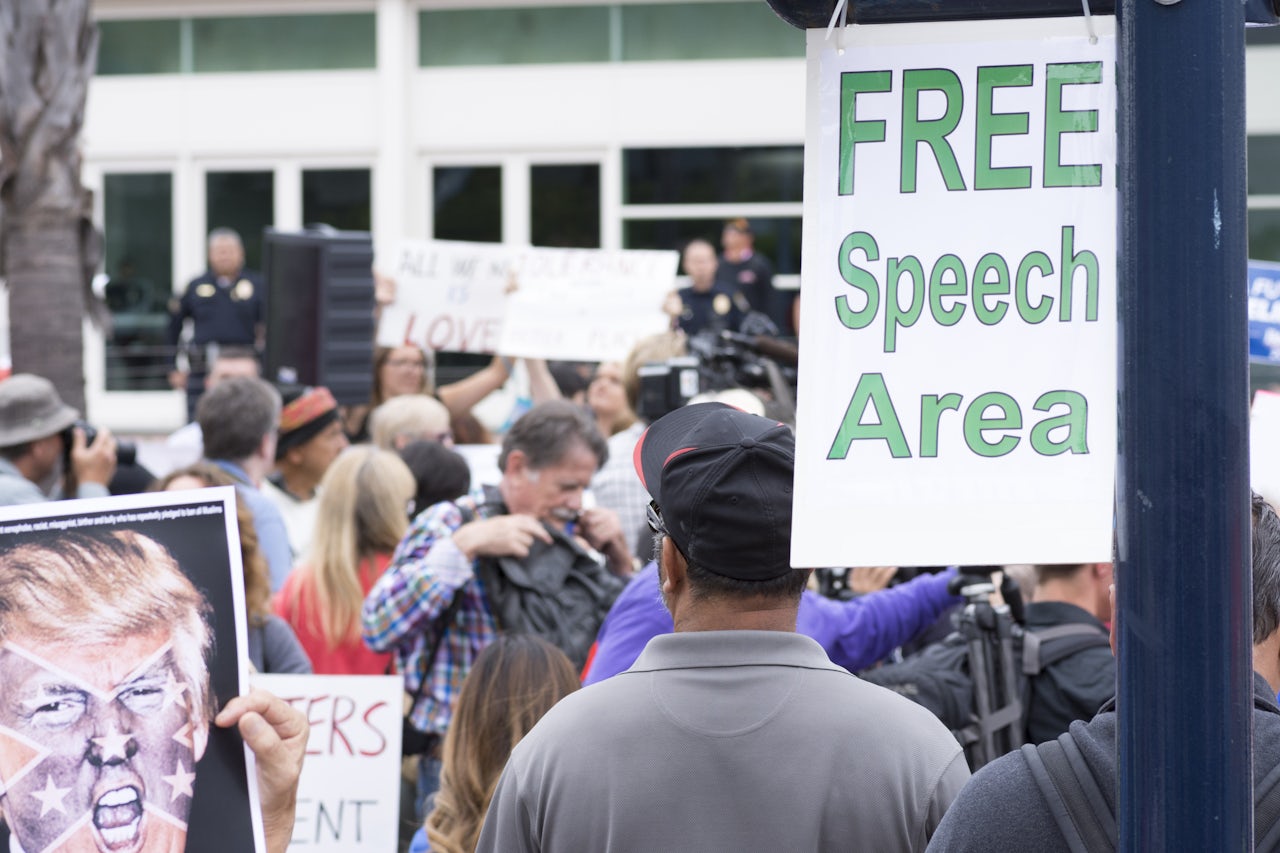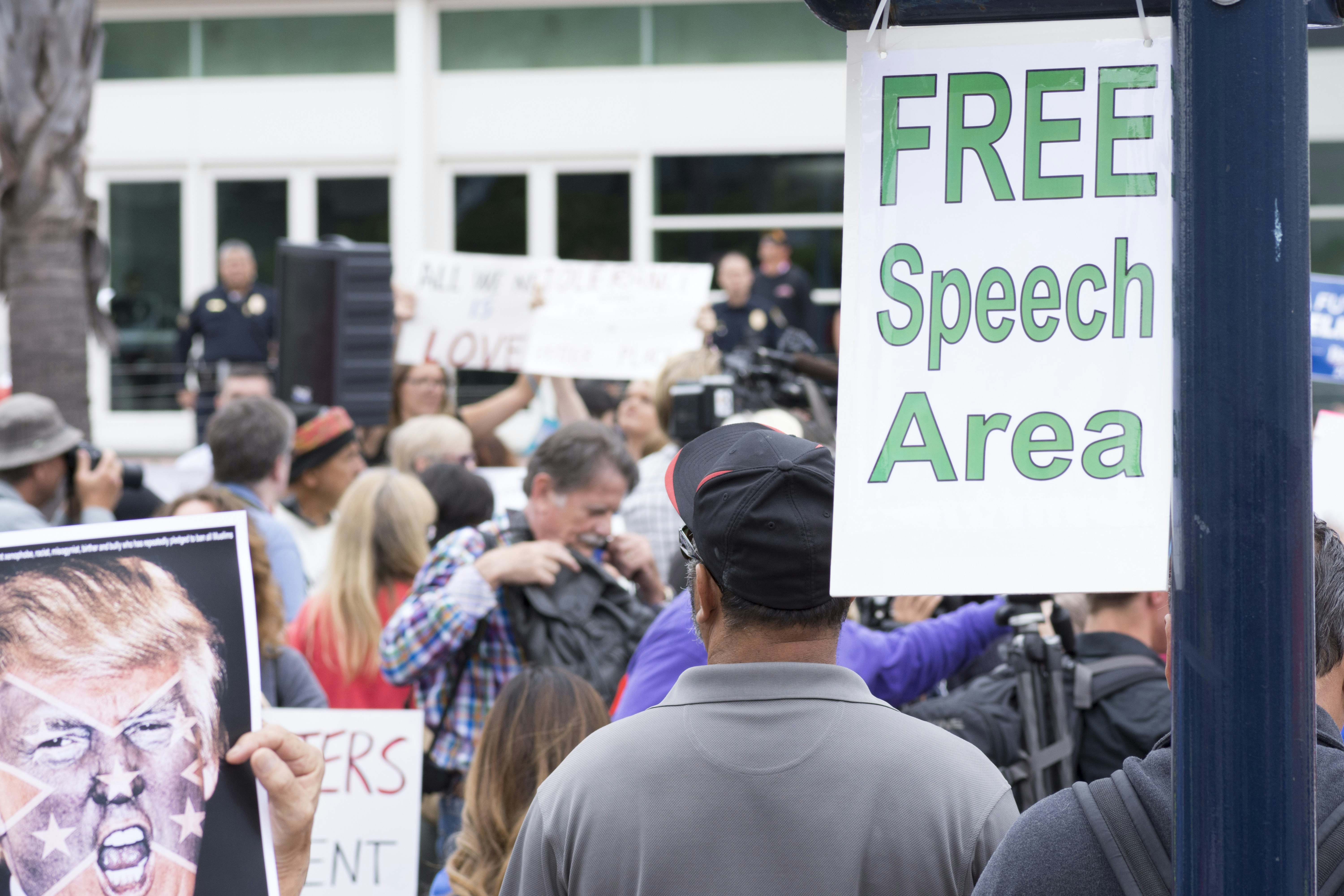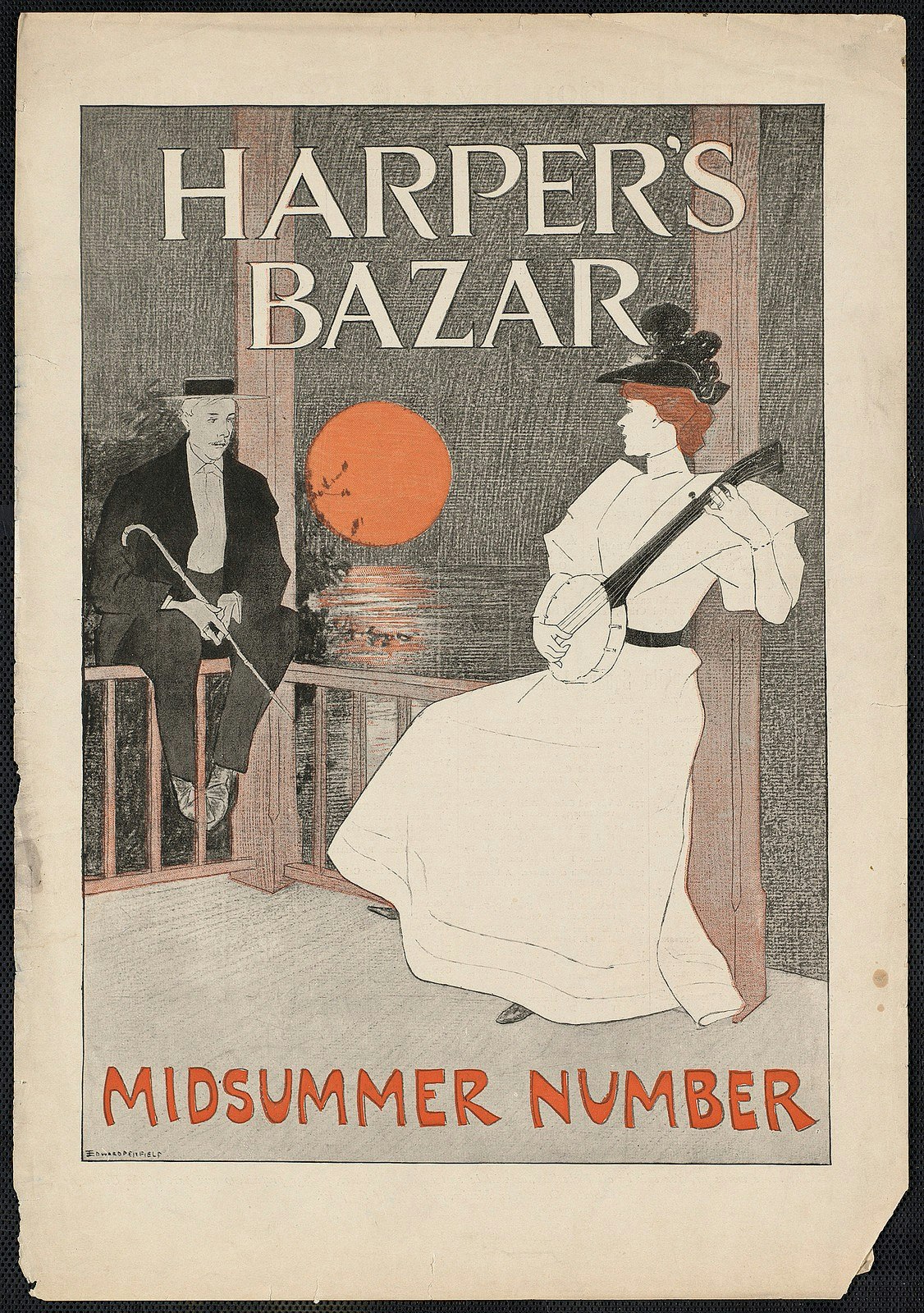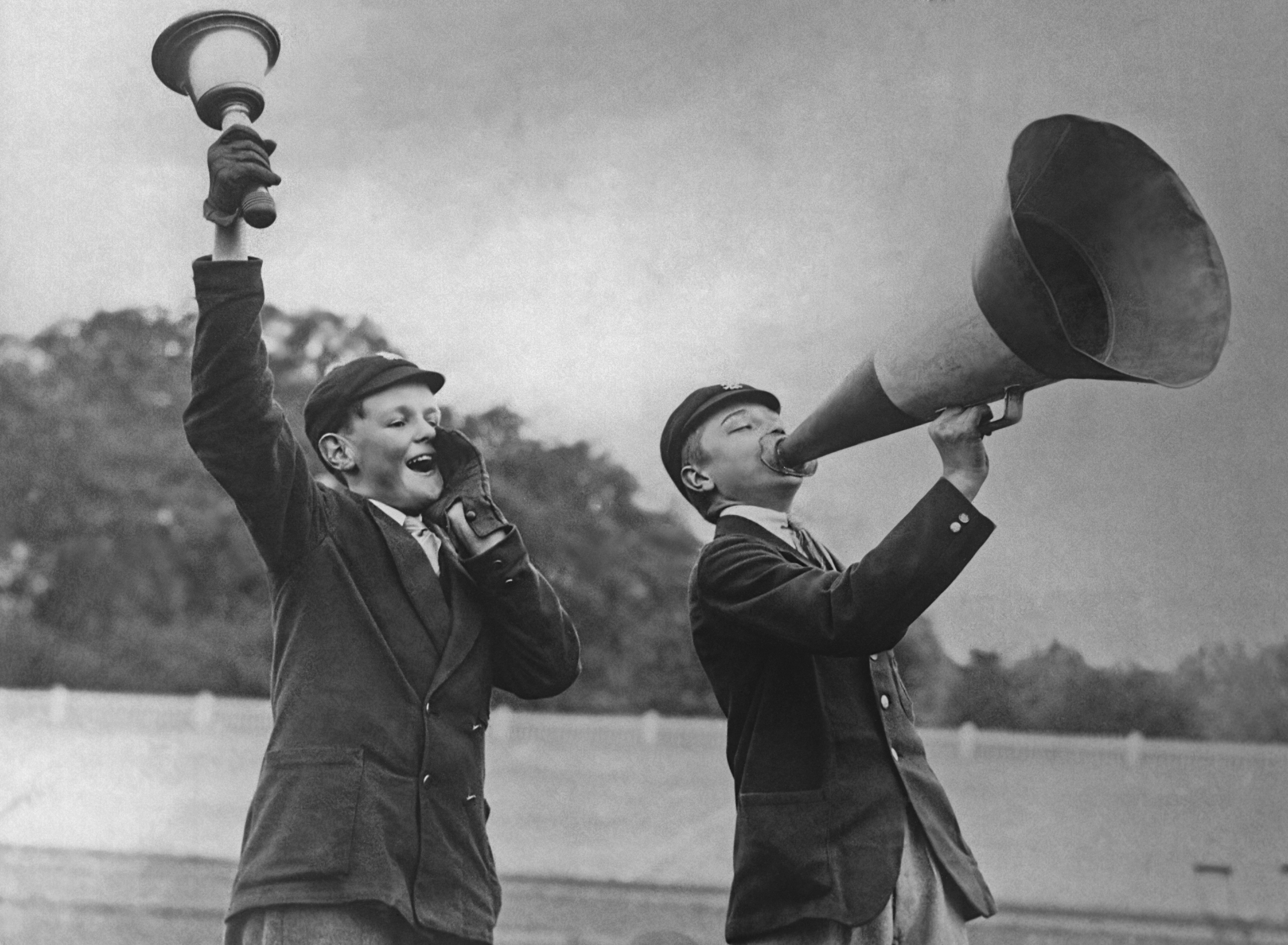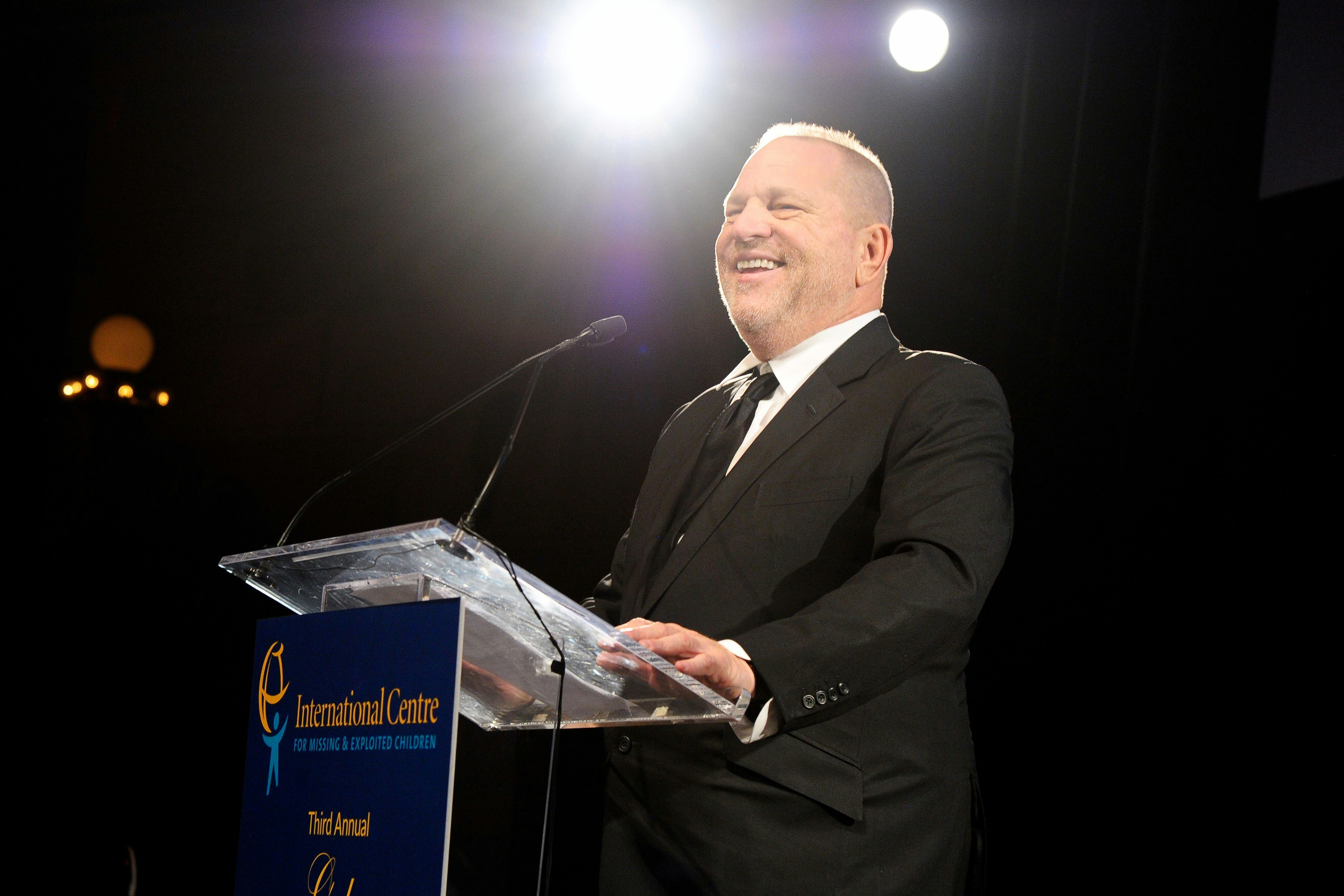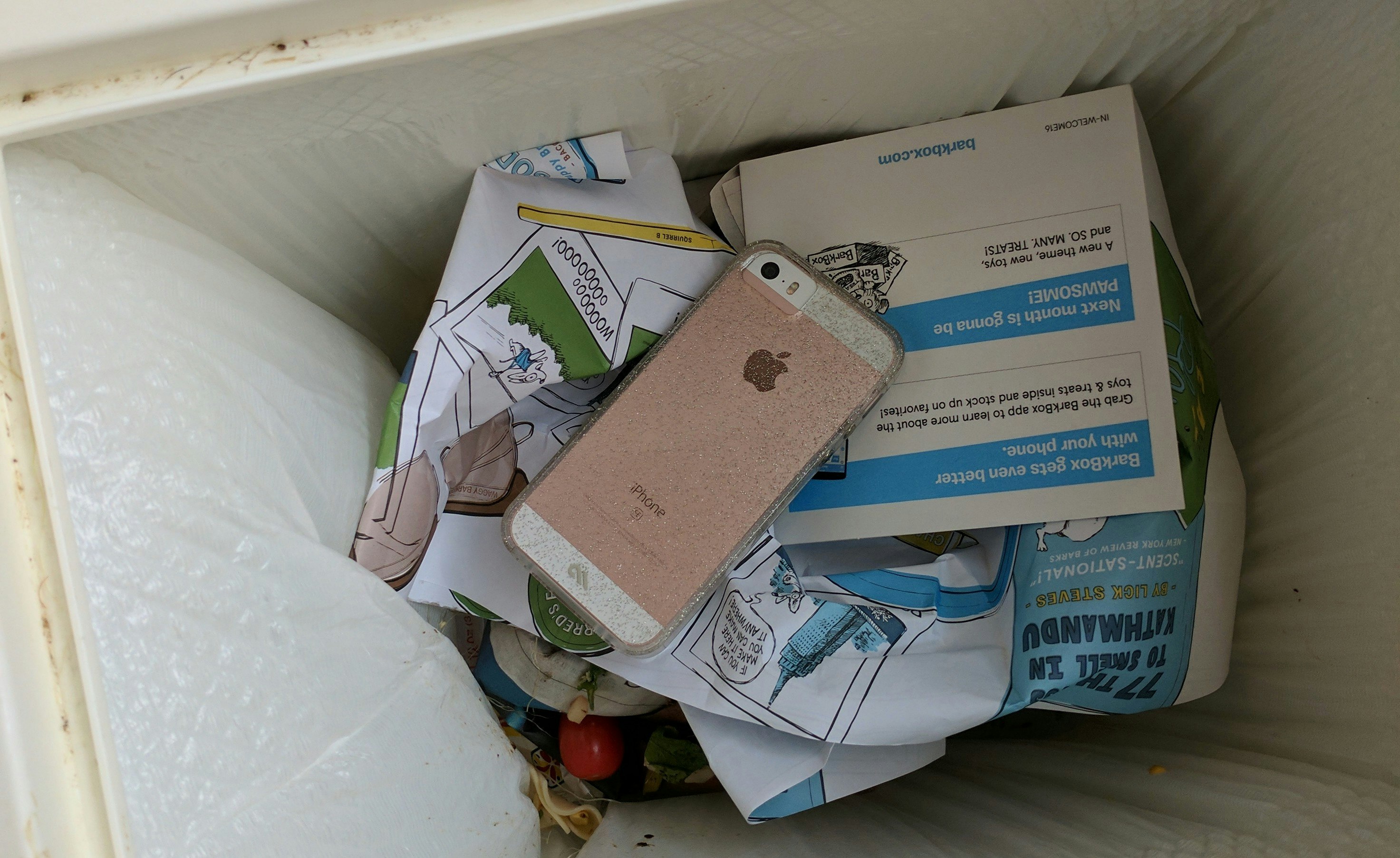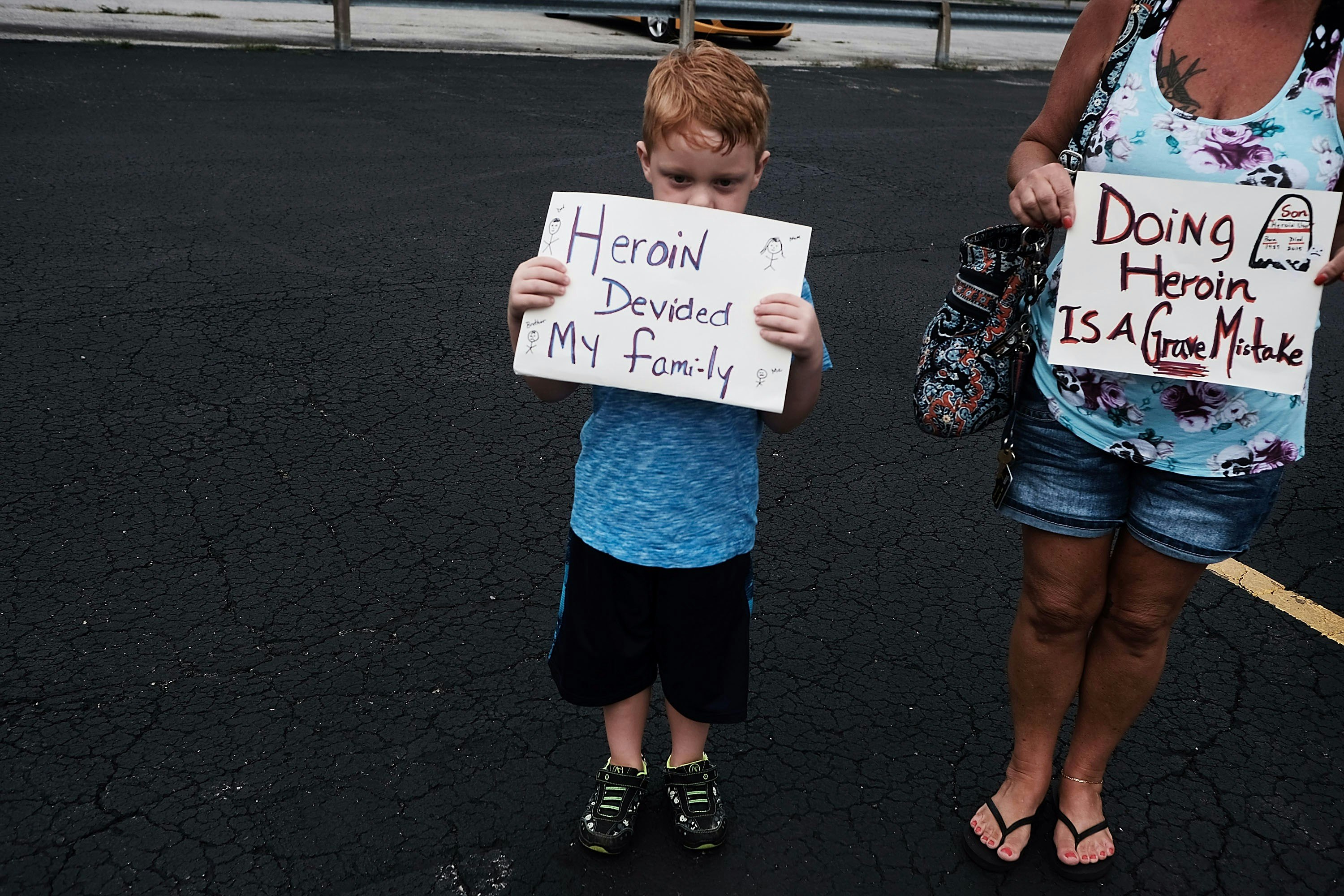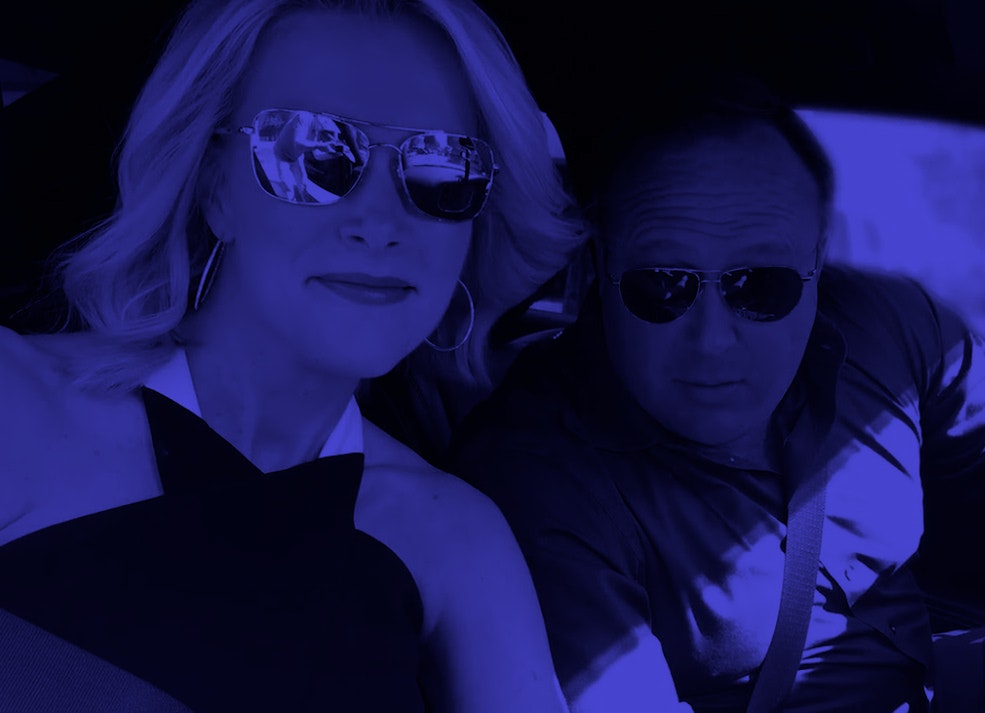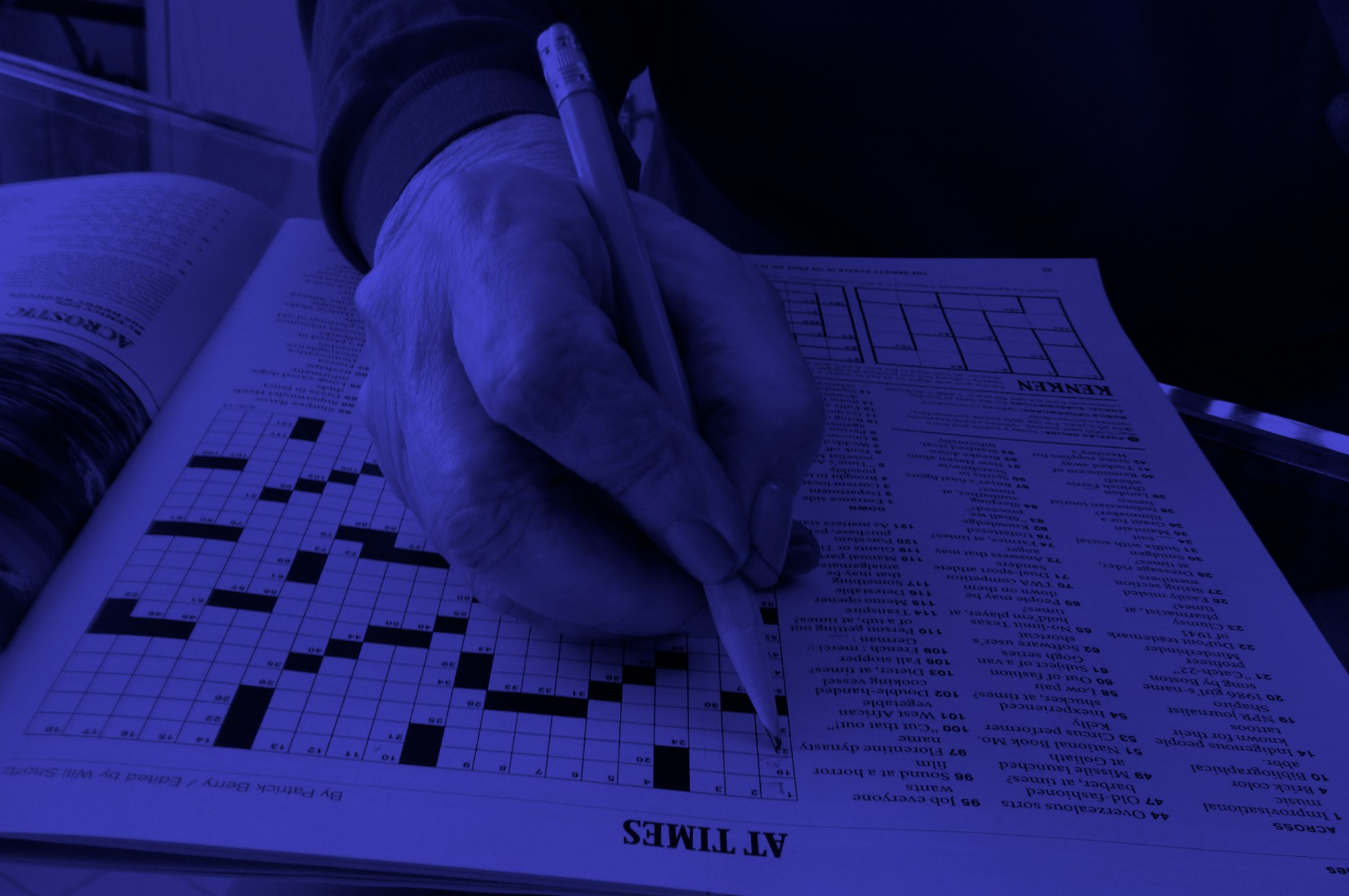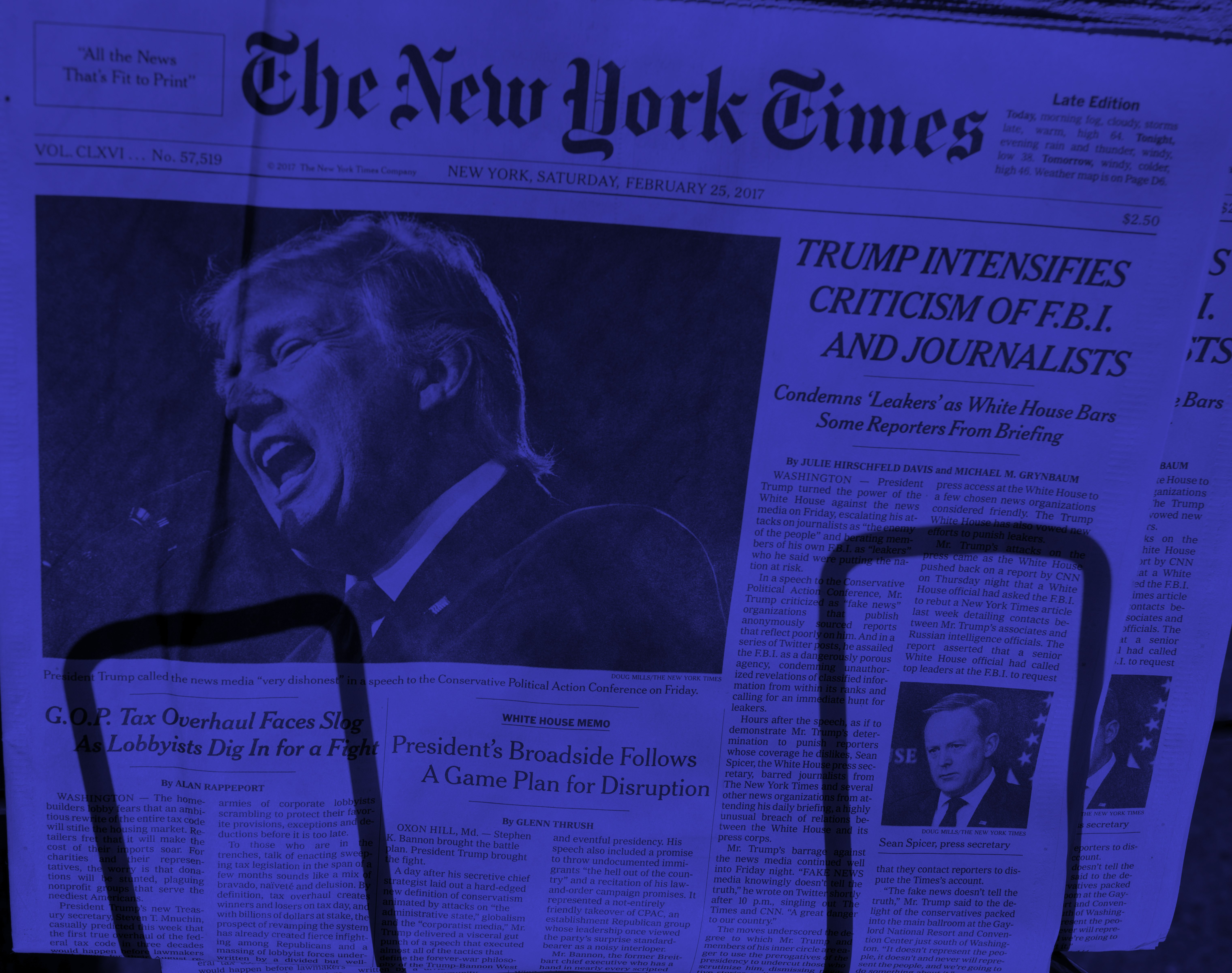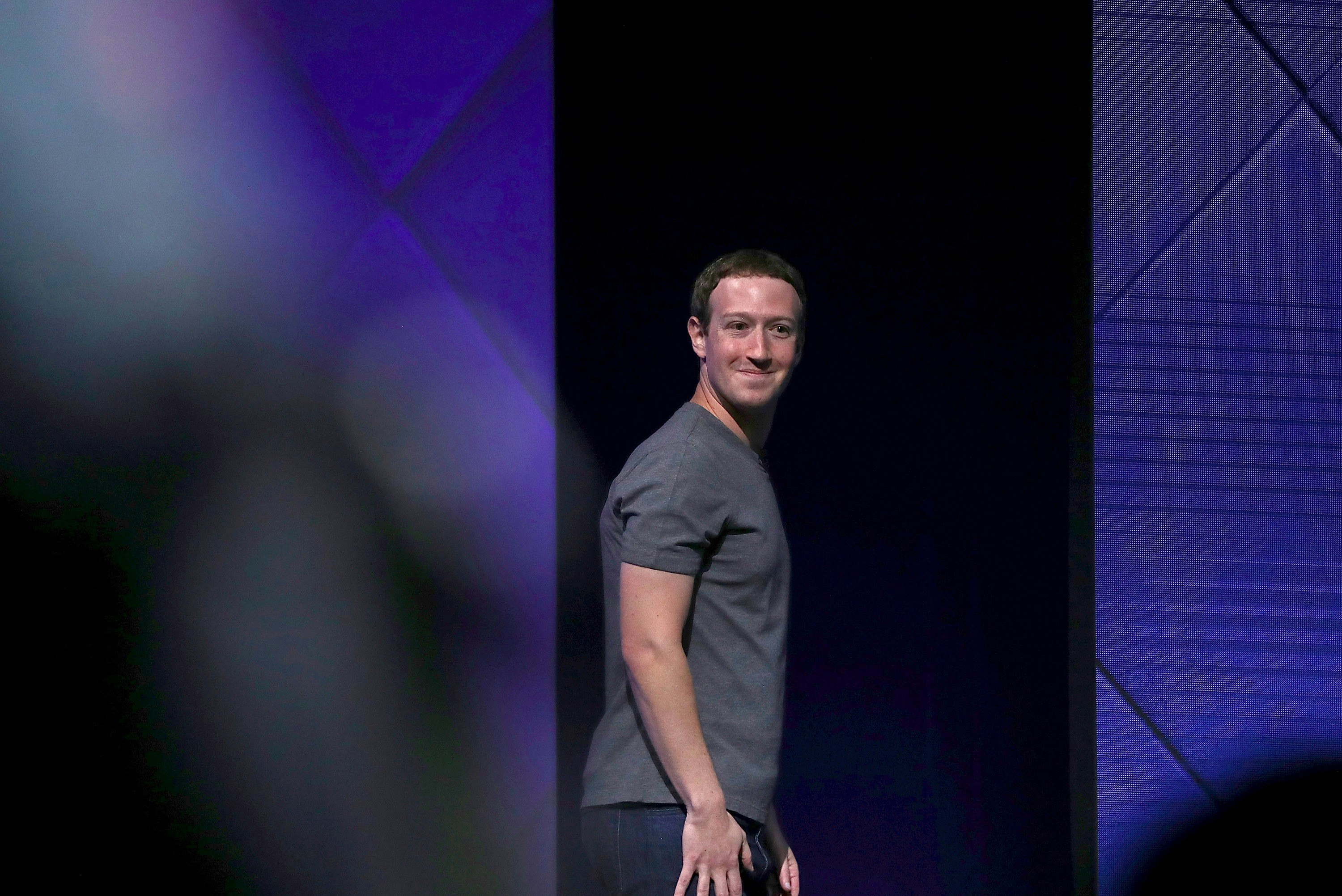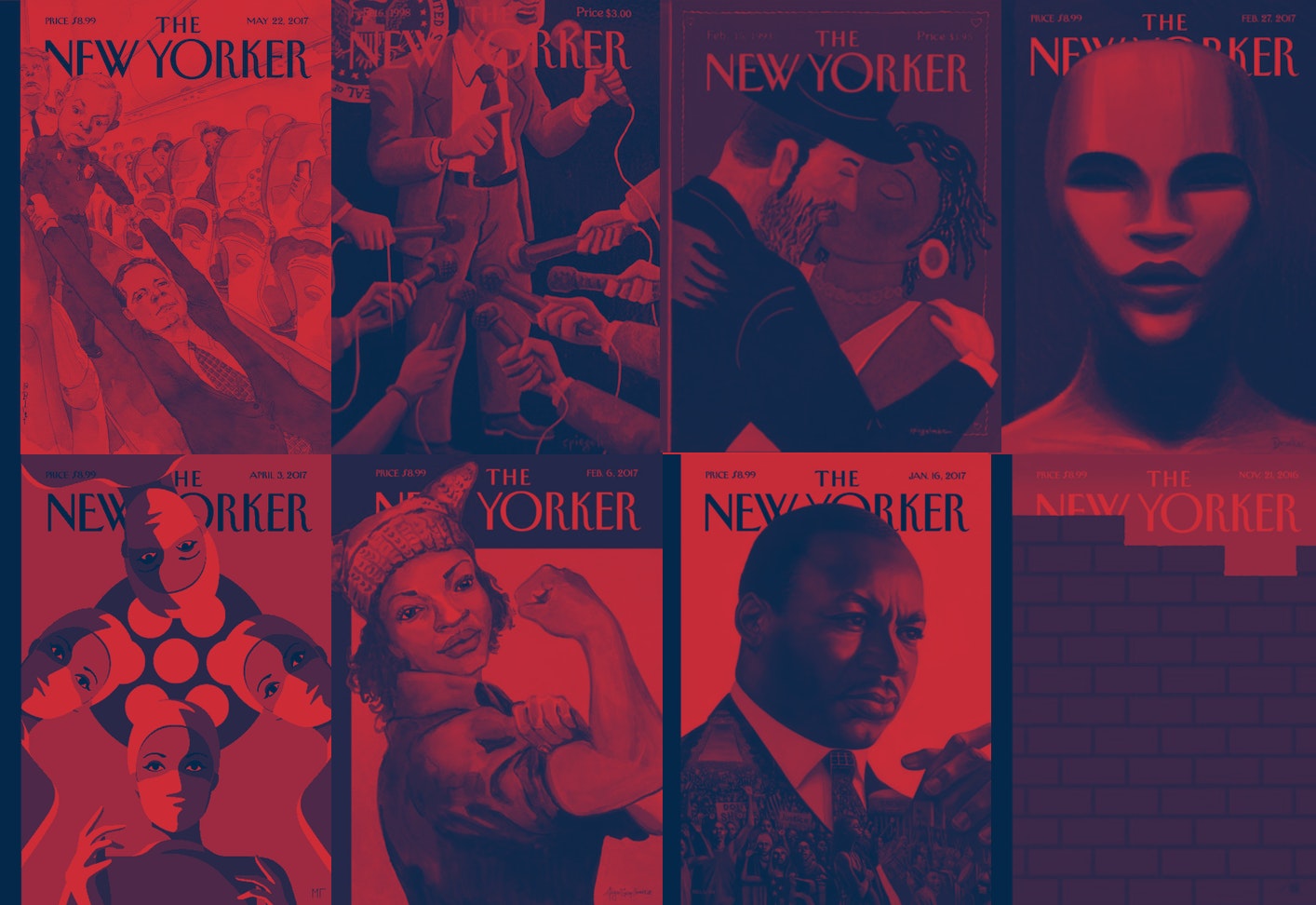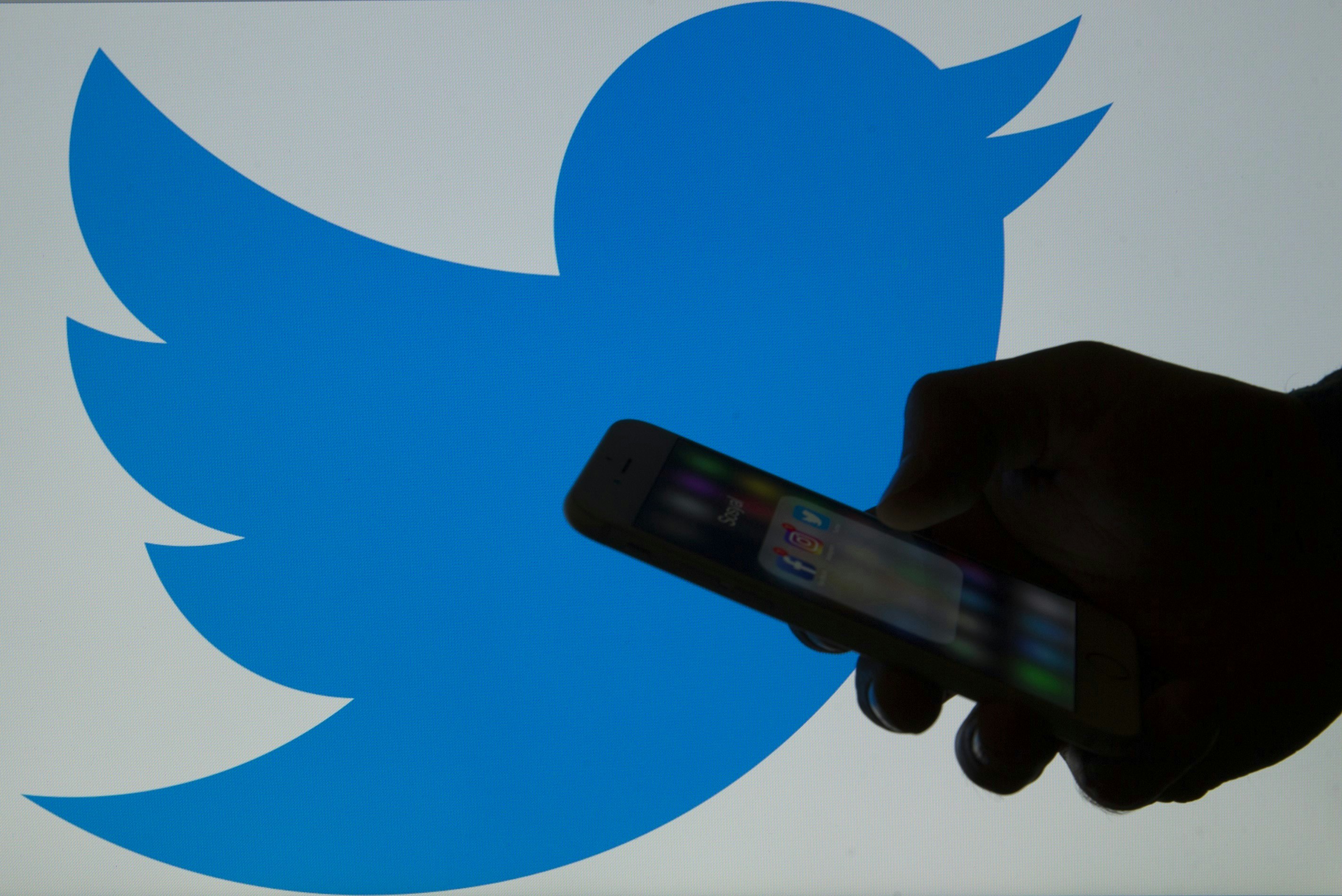People who tweet a lot and/or went to college are always talking about “the discourse.” “The discourse is so bad now.” “The discourse was mean to me.” “The discourse won’t let me be racist in public without consequence.” Most of those who prominently complain about “the discourse” are right-leaning writers with bad ideas who have usually been racist in public. Like, for example, Bari Weiss of The New York Times.
Who is Bari Weiss? Bari Weiss is a staff editor in the Times’ opinion section, and sometimes writes columns of her own that hew to a rather uninventive conservative line. As I wrote in a previous Leah Letter about how the Times’ opinion section is a troll factory, Weiss is the kind of thinker who likes to drone on about how identity politics are the scourge of society even though her politics, as an elder stateswoman of millennial Zionists, are her entire identity — and don’t you forget it!
Why should you care about Bari Weiss? On Monday, a few days after Times columnist Bret Stephens wrote that Woody Allen wasn’t a bad guy because he maybe only molested his daughter one time, and the day before Times editorial staffer Quinn Norton was fired five hours after her hire was announced for a history of tweets that liberally used the word “fag,” among other epithets, Bari Weiss tweeted about Olympic figure skater Mirai Nagasu’s historic triple axel. “Immigrants: they get the job done,” Weiss wrote. Only Nagasu was born in California, making her not an immigrant, but an American on American soil, just like Reese Witherspoon. Instead of acknowledging her error and moving on, Weiss doubled down, saying that of course she knew Nagasu was not an immigrant, but that she felt taking “poetic license” was warranted in this instance. Since Nagasu is the child of immigrants, that apparently makes her an immigrant under poem law. Things devolved from there:
For this tweet I am being told I am a racist, a ghoul and that I deserve to die. So I deleted the tweet. That's where we are.
— Bari Weiss (@bariweiss) February 12, 2018
Isn’t this always how things go nowadays. The otherizer becomes the other, the persecutor the persecuted; the problem is not her stupidity, sloppiness, or both, but the discourse. PC libtards are policing the discourse and now truth crusader Bari Weiss can’t tweet wrong facts without being called a ghoul (let me pause to say that online abuse is not acceptable in any form, but also if you are going to complain about being called a ghoul then it might be time to reconsider working as a public-facing writer online in 2018).
My lawyer friend who is very smart, and probably doesn’t even know who Bari Weiss is, recently recommended to me a very good article by University of Minnesota law professor Heidi Kitrosser. The article, titled “Free Speech, Higher Education, and the PC Narrative,” and published in the University of Minnesota Law Review last year, is remarkable for several reasons, including but not limited to the fact that the Atlantic’s libertarian visibility advocate Conor “I’m just asking questions” Friedersdorf emerges from it looking quite bad.
More instructive is how the article exhaustively untangles bad-faith arguments about free speech and political correctness. To examine the relationship between free speech and what she calls “the PC narrative,” or the idea that political correctness impinges upon one’s right to speak freely and is therefore causing an intellectual crisis, Kitrosser looked at media mentions of political correctness on college campuses from 1989 to 1995 and 2014 to 2016. Perhaps her most significant takeaway is that there is “tremendous imprecision throughout the public discourse” with regards to free speech and political correctness. You might say, “no shit Leah and University of Minnesota law professor Heidi Kitrosser,” but this is an important point, especially when we’re dealing with thinkers of Bari Weiss’s ilk. Kitrosser writes:
It is striking how rarely the discussants in both time periods meaningfully define their terms. When they reference “political correctness,” it often is unclear whether they mean to reference formal restrictions or informal pressures, let alone the subset of either type that they have in mind. Even when reports single out particular practices, important details frequently are excluded. We saw, for instance, several commentators refer to “trigger warnings” without specifying whether they mean voluntary warnings by faculty, warnings suggested or encouraged by a school’s administration, or administratively mandated warnings. There is even less clarity as to the meaning of “safe spaces.”
Kitrosser uses Wall Street Journal columnist Peggy Noonan as an example of someone who does not meaningfully define their terms, referring to a 2015 piece in which Noonan wrote conspiratorially about what “we all knew” was “going on at the colleges, with the mad little Marats and Robespierres who are telling students and administrators what they are and are not allowed to say or do.”
The column went on: “This is not just kids acting up at this point, it’s a real censorship movement backed by an ideology that is hostile to the First Amendment to the U.S. Constitution. It is led by students who, though they managed to get into the greatest universities in the country, seem never to have been taught to love the little amendment that guarantees free speech and free religious observance, the two pillars without which America collapses. And too bad, because when you don’t love something you lose it.” Noonan does not clarify who these students are, where they go to college, what their ideologies are, if they are real, if they wear berets, and if one can truly love a Constitutional amendment, but it doesn’t matter. If her job was actually to engage in meaningful discourse, she wouldn’t be writing opinion pieces for the Wall Street Journal.
Which brings us to… capitalism. You knew it was coming! In the media marketplace, the practice of what I call “Noonaning” — taking big, rhetorical, bad-faith swings that will probably make the libby libs so angry — is rewarded with clicks. I’m reminded of a tweet I saw a while ago. I apologize for it in advance.
Um so this is the actual Chartbeat meter for @bariweiss' op-ed on Aziz Ansari https://t.co/pX0lKBgwiQpic.twitter.com/US98ytoB98
— Stuart A. Thompson (@stuartathompson) January 16, 2018
This tweet is basically a conservative mad lib. “Um so this is the actual Chartbeat meter for @peggynoonan’s op-ed on why 3-ply toilet paper is ruining America. ” “Um so this is the actual Chartbeat meter for @bretstephens’s op-ed on how dogs make the best lovers.” “Um so this is the actual Chartbeat meter for @asymmetricinfo’s op-ed on why Italian food is so amazing.” Listen, the troll factory gets results, and the media isn’t really in a position to turn away readers. A Bari Weiss is great for the bottom line, actual politics be damned.
Our media trolls would like to think they are on some noble voyage on the River of Truth, that they are always having the last laugh. This is the culture that made Donald Trump the president, after all. As Kitrosser notes, “a commitment to the First Amendment and to free speech more broadly is highly resonant politically and culturally, evoking soaring judicial prose and celebrated stories of freedom and bravery.” Ironically, Kitrosser found in her research that such crusaders are typically not fighting against anything real and even often agree with the little Marats and Robespierres they perceive to be on the other side: “Even commentators set against one another on talk show panels approached convergence, when pushed, around the notions that extreme, targeted speech can be formally punished while formal sanctions in other contexts are inappropriate.”
But let’s get back to the reason we’re all here: the discourse. Complaining about the discourse is a classic example of Trumpian logic. Complainer says he should be free to complain because of free speech, but should he say something bad or wrong, no one can complain about what he said. The discursive problem here, then, is not the suppression of speech or the stifling of ideas so often attributed to political correctness. The problem is always, always, always the person complaining about those things. And that’s where we are. Bitch.
Get Leah Letter in your inbox.
